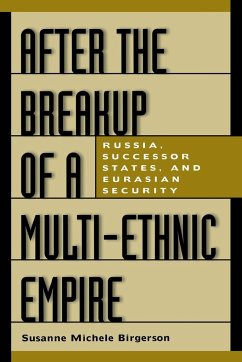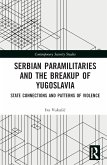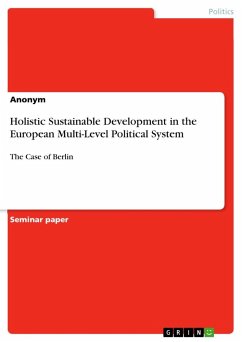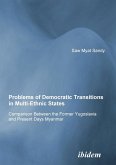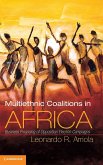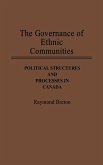The relationship between the Russian Federation and the 14 non-Russian successor states is unequal, with Russia the dominant power. This power imbalance is a hold-over from the Soviet era in which the RSFSR was first among equals. Empires, like the Soviet one, are specific types of political systems that differed from modern states. The centralized, multi-ethnic and non-democratic character of empires explains the continued dominance of the Russian Federation. It also explains the absence of alternative economic arrangements and political contacts between the former republics. The Soviet system was structured so as to establish Russian control over non-Russian republics. The political structure was centralized so that all decisions, including investment, production, and distribution decisions were made in Moscow. Economic planning dictated a complex network of production and distribution that rendered the former republics dependent on Russia in a variety of ways. Soviet patterns of government administration and economic management are still evident in all the former republics. Continued dependency on Russia has compromised the state-building efforts of the former republics. Political rhetoric trumpeting new foreign investment, the expansion of diplomatic relations, the signing of trade agreements, and the imminent entrance into international organizations masks the fact that none of these new contacts have been able to replace the old Soviet production and distribution networks. Scholars and students involved with comparative politics and Russian (post-Communist) Studies will find the work of particular value.
Hinweis: Dieser Artikel kann nur an eine deutsche Lieferadresse ausgeliefert werden.
Hinweis: Dieser Artikel kann nur an eine deutsche Lieferadresse ausgeliefert werden.

